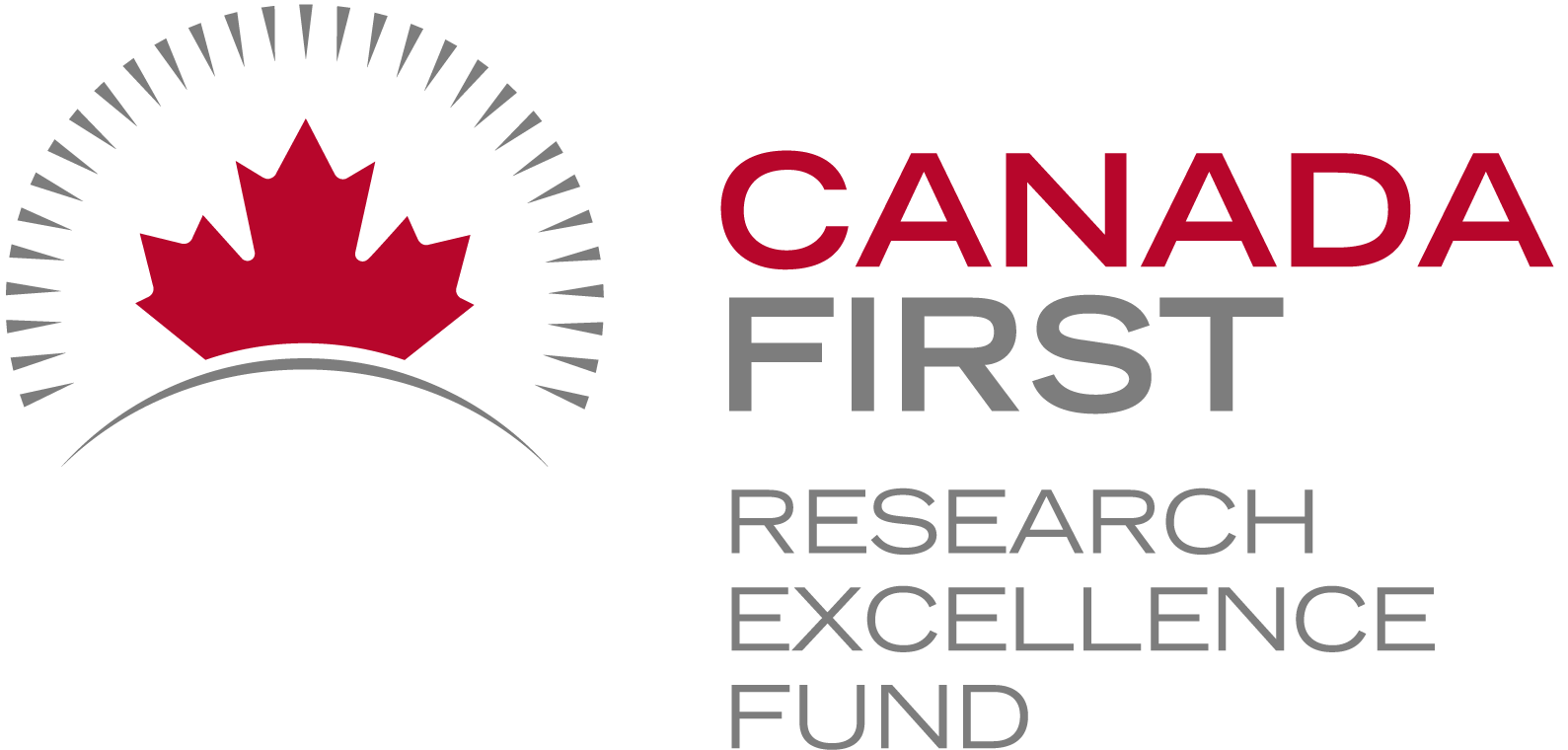Funding for Agri-food Data Canada is provided in part by the Canada First Research Excellence Fund
Glossary for the Canada-wide ADC ecosystem
ADC – Agri-food Data Canada (ADC): the organization overseeing the ADC Ecosystem.
ADC Ecosystem – The governed environment of Agri-food Data Canada. This includes the interoperable research computing infrastructure nodes of the ADC platform, training materials, communities of practice, harmonized resources, and recommendations for data and metadata standards.
ADC Platform – The interoperable research computing infrastructure of connected ADC nodes.
Catalogue – A curated collection of descriptions of datasets and/or other research data objects. The catalogue is created by collecting the catalogue metadata of the data objects represented in the catalogue.
Catalogue metadata – A specific type of metadata describing data object such that it can be catalogued and found. Catalogue metadata often includes fields like author, affiliation, contact information, data steward, date of creation, and data license.
Data – Factual information that has been collected together. The structure of the data is its schema.
Data dictionary – A data dictionary can be considered part of the schema and associates context with elements of the structure.
Data owner – A person who has authority to make decisions about the data object and is accountable for the quality and contents of the data object. A single person may be both data owner and steward.
Data steward – One or more subject matter experts who are assigned to maintain the data object and are responsible to ensure that the needs of researchers for the data object are met. A single person may be both data owner and steward.
Metadata or (meta)data – Data about data, structured by a schema. Metadata helps researchers use data and put the results in context for reuse, especially in cross-domain research. There can be multiple types of metadata describing a data resource and each serving a specific need. There is no clear line between data and metadata as one experiment’s metadata can become data for another user which is why it is sometimes referred to as (meta)data.
Node – Nodes are interoperable computation resources within the ADC ecosystem that together make the ADC platform. They are uniquely identified and can serve multiple functions such as data repositories, advanced computing resources, active data services, and ecosystem services such as data catalogues.
Schema – A schema describes the structure of data. All data are structured according to a schema. Schemas may be ad-hoc and undocumented and may often be inferred from the structure of the data such as by examining column headers. More formally documented schemas increase the structure and usability of data, especially across disciplines.



